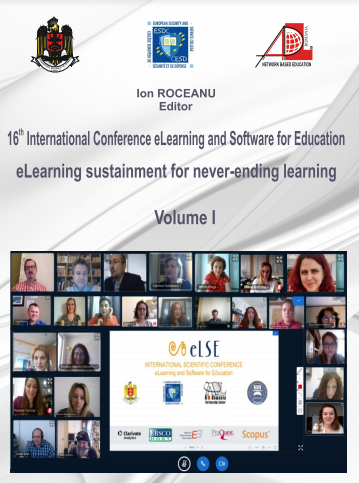COMPUTER GAMES IN PROGRAMMING TEACHING AND LEARNING
COMPUTER GAMES IN PROGRAMMING TEACHING AND LEARNING
Author(s): Veronika StoffováSubject(s): School education, Higher Education , ICT Information and Communications Technologies, Distance learning / e-learning, Pedagogy
Published by: Carol I National Defence University Publishing House
Keywords: Gamification; Computer games; Programming; Problem-solving; Project teaching;
Summary/Abstract: Computer games are nowadays very popular among various generations especially for children and youth. Being able to design, create and implement your own computer game is not only a big challenge, but also a high motivation to learn programming either they are high school or university students. The article describes the problem and the process of project-based teaching of programming at the university. The theme of the project is “the implementation of a didactic computer game of their choice.” The students can work on their projects individually, in pairs or even in groups. They can use any kind programming languages and frameworks which are suitable for implementation. Students can work in any higher-level programming language with a rich graphics library, or they can use a programming environment that supports game creation. It depends on the skill of the developer team members how to share the work on the project. They can individually address the different functional parts of the game, or work can be divided into separate layers. This way students can engage with problems they are the most competent with. E.g. one focuses on graphics design of the game, next one on the algorithms which checks compliance with the rules of the game, another member of the team developing winning strategies or looks at how the game can be stopped and resumed, how to raise the difficulty level of the game as power play value and how the achieved good performance. While working on the project students learn to work in a team and spontaneously and intuitively use the knowledge from the field of software engineering. It is their first experience in creating a software application together.
Journal: Conference proceedings of »eLearning and Software for Education« (eLSE)
- Issue Year: 16/2020
- Issue No: 01
- Page Range: 76-83
- Page Count: 8
- Language: English

